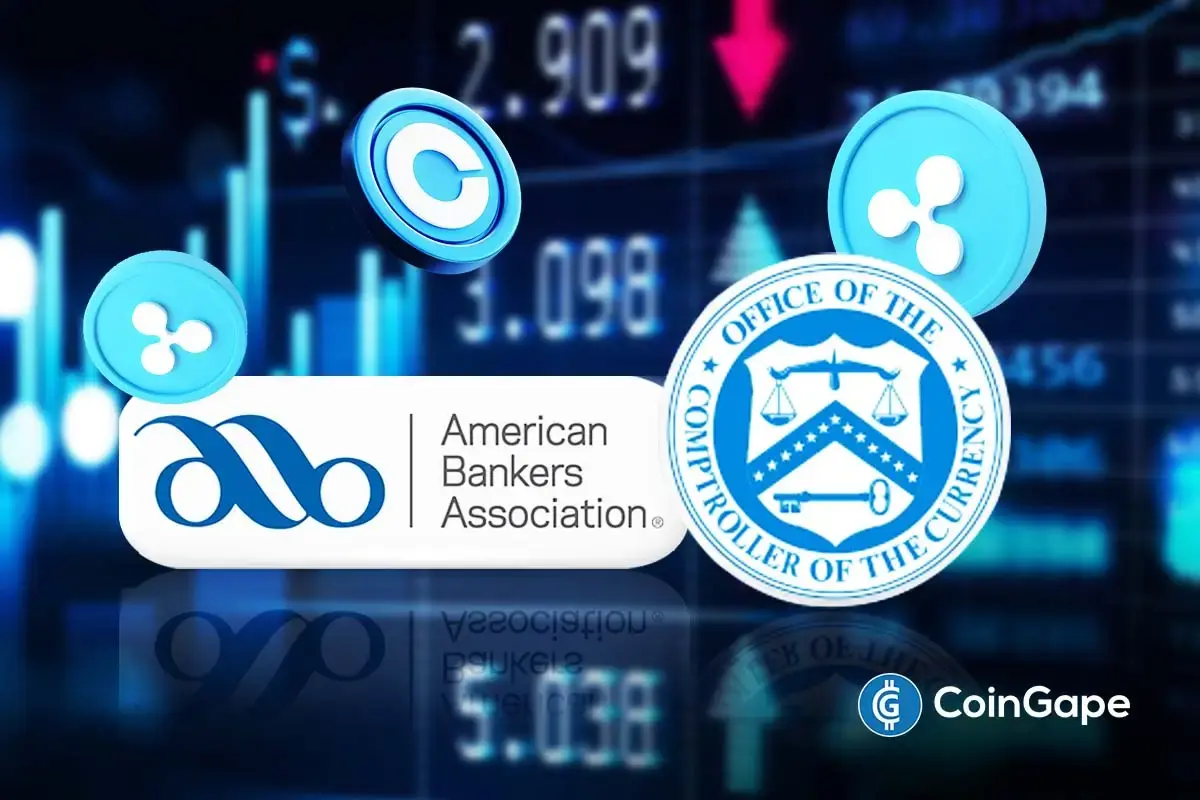Standard Chartered CEO Bill Winters Signals A Digital Currency Debut

Bill Winters, the CEO of Standard Chartered was at the Singapore Fintech Festival where he claimed that widespread crypto adoption is inevitable and its use for international payment settlement would only grow as these payment gateways evolve with time. Winter also gave his views on widely discussed state-backed sovereign digital currencies and said that he believed there is a scope for both state and private digital currencies. He said,
“I think there is absolutely a role for central bank digital currencies as well as non-central bank-sponsored digital currencies,”
The comments of Standard Charted CEO come amid the growing interest of mainstream financial players in the digital currency space. Many traditional financial giants such as BlackRock, PayPal, and JP Morgan who once did not believe that digital currency could have a place in the traditional financial system are now calling it the future of payment and are looking to either offer cryptocurrencies through their platform or launch a private currency of their own.
Standard Chartered Supports CBDC Developments
Distributed Ledger Technology (DLT) that powers cryptocurrencies have been widely recognized as an efficient tech for remittance services, and Ripple through XRP ledger is already facilitating billions worth of transactions every year in partnership with hundreds of banks around the globe. On the other hand, the like of JP Morgan created their own private digital currency called JPM Coin for internal banking and it is also helping Sber, the largest Russian Bank to Launch their own digital currency pilot by next year.
During the interview Winter also revealed that Standard Chartered is going to make an announcement related to digital currencies in the coming weeks. Many believe that looking at Winter’s comments on private digital currencies, the banking giant might be in the works of launching their own private digital currency.
Winter believes that private digital currencies would become more common in the near future as the technology allows for the creation of digital tokens for specific tasks like trading in the voluntary carbon market. He explained,
“Those sorts of applications for a digital currency, and creating a digital currency ecosystem, is something that can’t be replicated by a fiat currency, or, most likely, by a central bank digital currency any time soon.”
The interest of financial giants in digital currencies could help these new asset classes to gain widespread recognization and adopt which would subsequently lead to better regulations over time.
- Trump-Linked World Liberty Targets $9T Forex Market With “World Swap” Launch
- Analysts Warn BTC Price Crash to $10K as Glassnode Flags Structural Weakness
- $1B Binance SAFU Fund Enters Top 10 Bitcoin Treasuries, Overtakes Coinbase
- Breaking: ABA Tells OCC to Delay Charter Review for Ripple, Coinbase, Circle
- Brian Armstrong Offloads $101M in Coinbase Stock Amid COIN’s Steep Decline
- Pi Network Price Prediction as Mainnet Upgrade Deadline Nears on Feb 15
- XRP Price Outlook Amid XRP Community Day 2026
- Ethereum Price at Risk of a 30% Crash as Futures Open Interest Dive During the Crypto Winter
- Ethereum Price Prediction Ahead of Roadmap Upgrades and Hegota Launch
- BTC Price Prediction Ahead of US Jobs Report, CPI Data and U.S. Government Shutdown
- Ripple Price Prediction As Goldman Sachs Discloses Crypto Exposure Including XRP


















